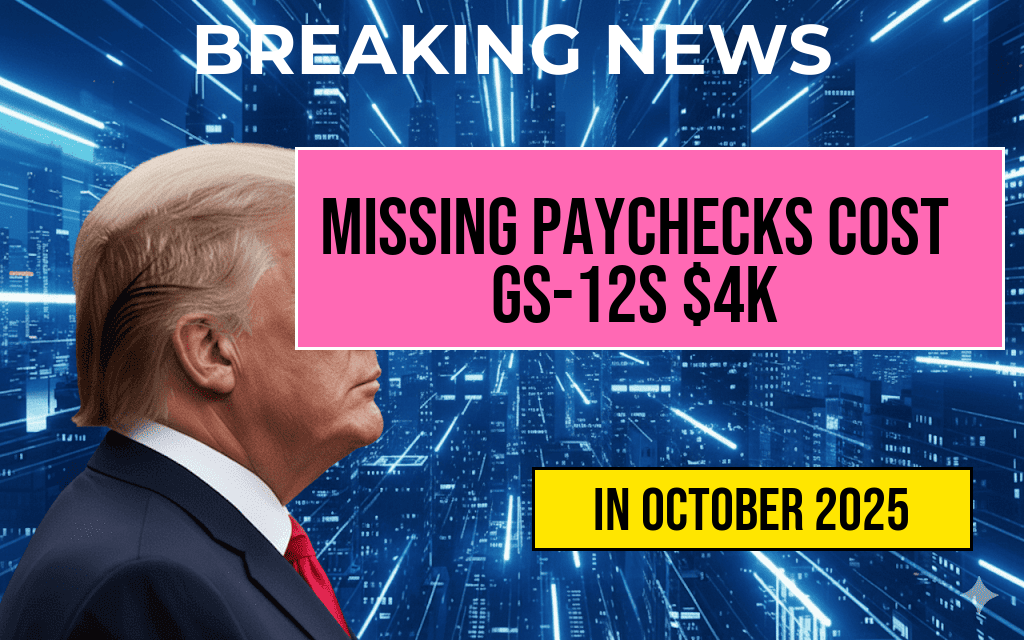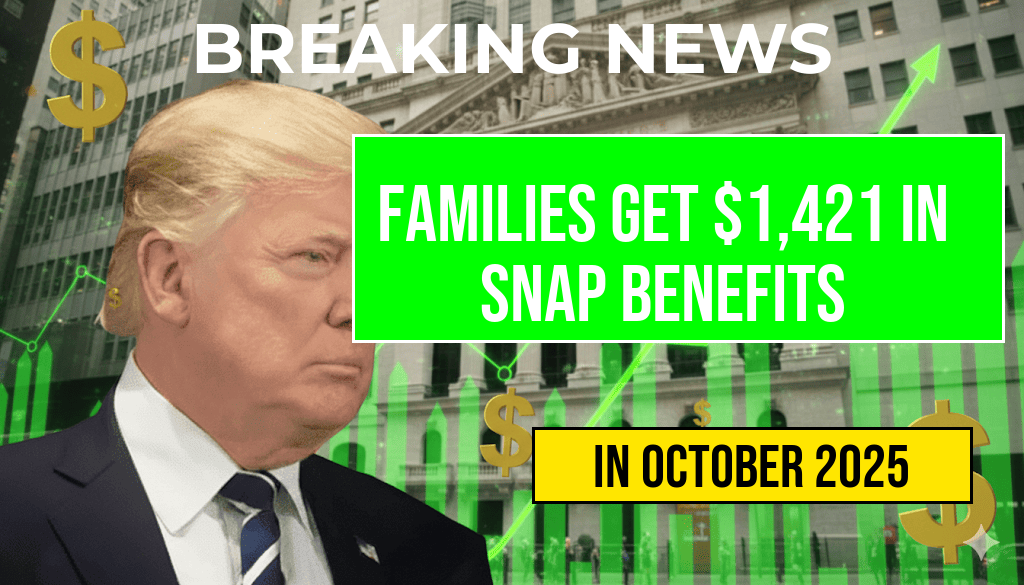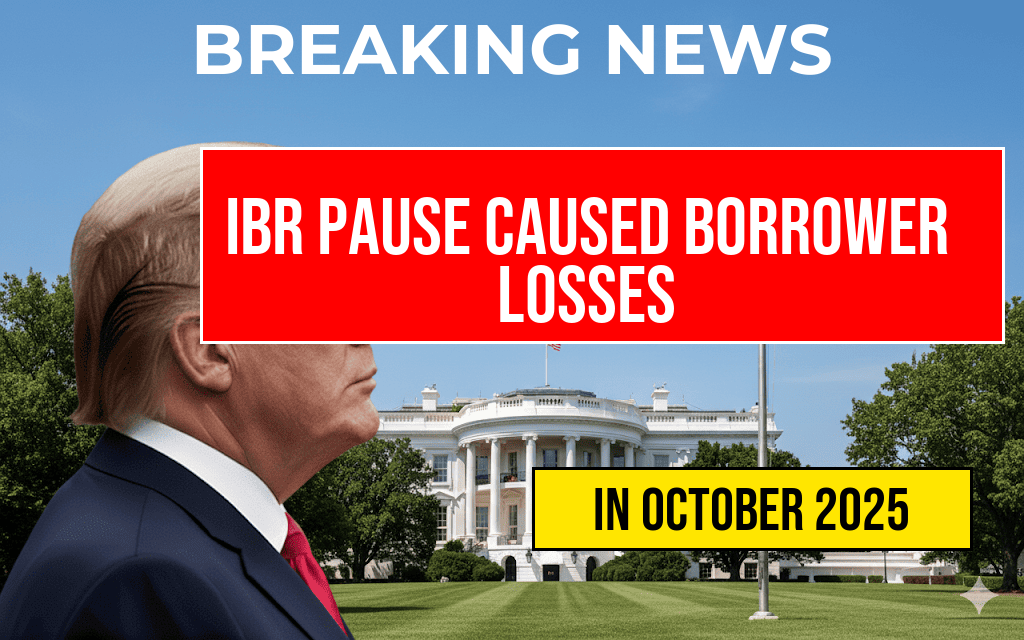Federal employees who have experienced missed paychecks due to government shutdowns or administrative delays face significant financial challenges. For a GS-12 employee, missing just two paychecks can result in a loss of up to $4,000, impacting living expenses, debt obligations, and savings. This situation underscores the importance of understanding available options and proactive steps to mitigate financial strain. As federal workers grapple with uncertainty, staying informed about their rights, potential remedies, and resources is crucial to navigating these disruptions effectively.
Understanding the Financial Impact of Missed Paychecks
Federal employees typically rely on their scheduled paychecks to cover essential expenses such as rent or mortgage payments, utilities, groceries, and insurance premiums. When pay is delayed, the immediate concern shifts from daily living needs to managing cash flow and avoiding penalties or service disconnections. For a GS-12 employee, who earns an average annual salary of approximately $80,000 (or roughly $6,666 per month), missing two paychecks could equate to a loss of about $13,332 before taxes. However, after tax deductions, the net impact might be closer to $4,000–$5,000, depending on individual circumstances.
While some agencies may process back pay after a shutdown ends, delays in receiving funds can cause significant hardship in the interim. This is especially true for employees with limited savings or those carrying ongoing financial commitments. Understanding the potential consequences emphasizes the importance of preparing for such disruptions and knowing how to respond effectively.
Potential Relief and Support Resources for Federal Employees
Federal Employee Assistance Programs
Many federal agencies offer assistance programs designed to support employees during financial crises. These programs often include emergency loans, financial counseling, or hardship funds. Contact your agency’s human resources or employee assistance program (EAP) for specific options available to you. Some agencies also provide resources and guidance on managing cash flow during pay disruptions.
Financial Relief Options
| Option | Description | Considerations |
|---|---|---|
| Emergency Savings | Using personal savings to cover immediate expenses | Requires having accessible funds; may deplete emergency reserves |
| Personal Loans | Obtaining short-term loans from banks or credit unions | Involves interest payments; eligibility varies |
| Credit Card Advances | Withdrawing cash against credit card limits | High-interest rates; potential for debt accumulation |
| Paycheck Advance | Requesting an advance on upcoming pay | Depends on employer policies; may involve fees |
Strategies to Minimize Financial Disruption
Proactive Financial Management
- Prioritize essential expenses: Identify and fund critical bills such as rent, utilities, and insurance first.
- Communicate with creditors: Notify lenders or service providers about potential delays to negotiate payment extensions or alternative arrangements.
- Evaluate discretionary spending: Postpone non-essential purchases until pay resumes.
- Leverage available resources: Use agency hardship funds or community assistance programs if applicable.
Maintaining Contact and Staying Informed
Regular communication with your agency’s human resources department is vital. They can provide updates on the status of pay, eligibility for special arrangements, and guidance on accessing emergency resources. Additionally, staying informed through official government channels, such as the Office of Personnel Management (OPM), ensures you receive accurate, timely information related to payroll processing and government shutdown impacts.
Legal Protections and Rights
Federal employees are protected by various statutes that govern pay and employment rights. The Fair Labor Standards Act (FLSA) and other federal regulations often specify the circumstances under which employees can seek back pay or recover lost earnings due to administrative delays. Moreover, during shutdowns, employees classified as excepted or essential may continue working without pay temporarily, but they retain the right to full compensation once funding is restored.
In cases where pay delays extend beyond a typical pay period, employees should consult with legal counsel or federal employee unions for advice. They can assist in ensuring that employers fulfill their obligations and that employees are aware of their rights to recover lost wages.
Looking Ahead: Preparing for Future Disruptions
While government shutdowns are often unpredictable, proactive financial planning can mitigate their impact. Building an emergency fund that covers at least three months of living expenses provides a buffer during periods of delayed pay. Additionally, understanding employer policies, exploring alternative income sources, and maintaining open communication channels can help federal employees navigate financial uncertainties more confidently.
For further guidance, federal employees can consult resources provided by the FederalPay.org or visit the Office of Personnel Management website for official policies and updates related to pay and employment rights.
Frequently Asked Questions
Question
What should federal employees do if they miss two paychecks?
Answer
If federal employees miss two paychecks, they should immediately contact their agency’s human resources or payroll office to report the issue and seek assistance. Prompt communication helps to clarify the cause and initiate corrective actions to prevent further financial impact.
Question
How much could a GS-12 employee lose if they miss two paychecks?
Answer
A GS-12 federal employee could lose up to $4,000 if they miss two paychecks, depending on their specific salary and benefits. This highlights the importance of addressing payment issues quickly to mitigate financial hardship.
Question
What are common reasons for federal employees missing paychecks?
Answer
Common reasons include administrative errors, payroll processing delays, changes in employment status, or issues related to direct deposit setup. Understanding the cause can help in resolving the issue more efficiently.
Question
Can missing paychecks impact a federal employee’s benefits or retirement contributions?
Answer
Yes, missing paychecks can temporarily affect benefit and retirement contribution payments. It’s crucial to address the issue promptly to avoid disruptions in benefits and ensure accurate records.
Question
What steps can federal employees take to prevent missing future paychecks?
Answer
Employees should verify their direct deposit information, monitor payroll statements regularly, and stay in contact with their payroll office. Staying proactive helps prevent payment issues before they occur.






